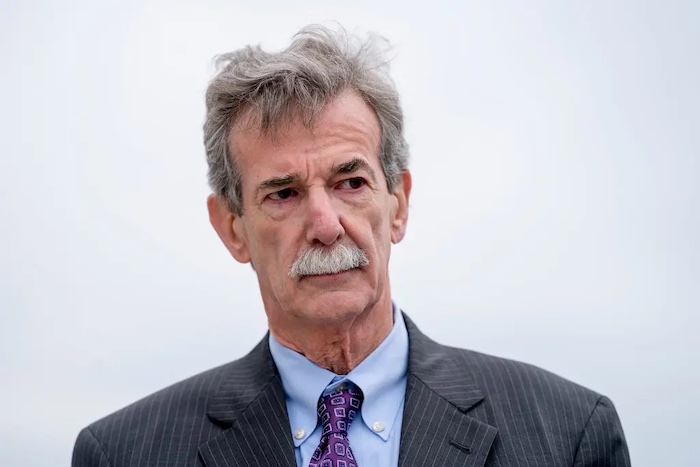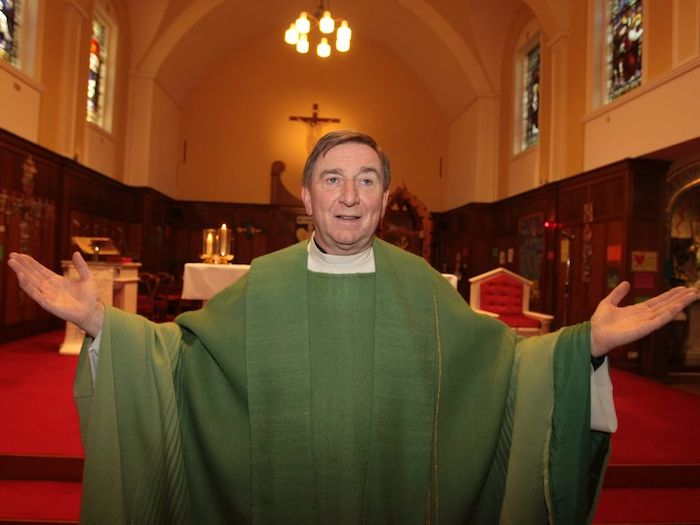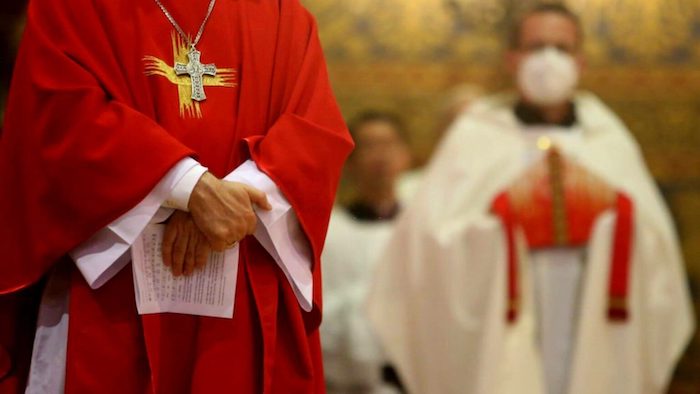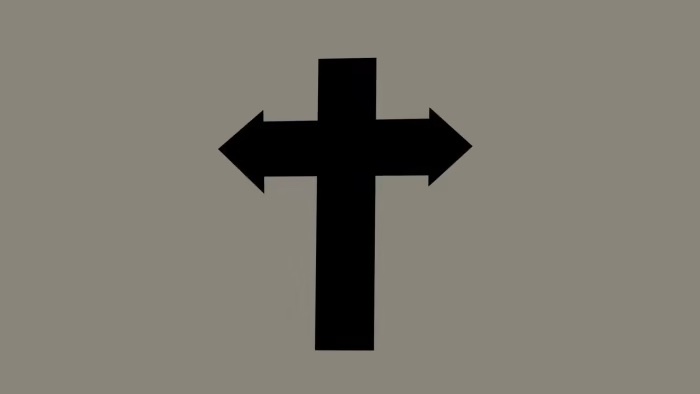The state attorney general investigated more than 80 years of sexual and physical abuse in the Archdiocese of Baltimore.

By Ruth Graham
The attorney general of Maryland has identified more than 600 young victims of clergy sexual abuse over the course of 80 years in the Archdiocese of Baltimore, according to a court document filed Thursday.
The filing, which broadly outlines the attorney general’s findings, requests that a judge allow the release of the full report: a 456-page document detailing decades of clergy sex abuse in Maryland.
The new report marks a symbolic milestone in the long-running international abuse scandal that has shaken faith in the Catholic Church and led to some reforms and billions of dollars in settlements. The Baltimore report is one of the first major investigations completed by a state attorney general on sexual abuse in the Church since a scathing report on six dioceses in Pennsylvania shocked Catholics across the nation in 2018. Colorado investigators issued their own report in 2019 on church abuse.
More than 20 state attorneys general have initiated investigations, most of which are still underway.
Baltimore is the first Catholic diocese established in the United States and is led by an influential archbishop, William E. Lori, who was elected this week as vice president of the United States Conference of Catholic Bishops.
The scale of the abuse outlined is on par with other large abuse cases uncovered in lawsuits and other investigations in dioceses in Boston, Los Angeles, Pennsylvania and Illinois.
The Maryland report found that “no parish was safe,” according to the filing from the office of Attorney General Brian Frosh. Both boys and girls were abused, ranging in age from preschool to “young adulthood,” which a spokeswoman for the attorney general said reached to age 18.
The filing says the Archdiocese failed to report many allegations of “sexual abuse and physical torture” and neglected to remove accused priests from active ministry or even restrict their access to children. Some congregations and schools had more than one abusive priest there at the same time. “The sexual abuse was so pervasive that victims were sometimes reporting sexual abuse to priests who were perpetrators themselves,” the filing states. One congregation was assigned 11 abusers over 40 years.
“Reading the report in its entirety made me physically ill,” Mr. Frosh said. “We may be looking at the tip of the iceberg, but it’s a very big tip.”
In a letter to church members on Thursday, Archbishop Lori said, “We feel renewed shame, deep remorse and heartfelt sympathy, most especially to those who suffered from the actions of representatives of the very Church entrusted with their spiritual and physical well-being.” Archbishop Lori has served in the role since 2012.
The report identifies 115 priests who have already been prosecuted for sex abuse or identified publicly by the Archdiocese. Another 43 have not previously been identified publicly. Of those newly identified priests, 30 have died, indicating that 13 newly accused priests are still alive.
Mr. Frosh said many of the instances of abuse would have been categorized as misdemeanors at the time they were committed, which means the statute of limitations for criminal prosecution has expired. He said most of the claims in the report are clustered in the 1970s and 1980s, with some before and after.
The Maryland report is the result of a criminal investigation initiated by Mr. Frosh’s office in 2019. A grand jury issued a subpoena requesting all documents from the Archdiocese over the last 80 years relating to allegations of sexual abuse by priests and the Archdiocese’s response to those accusations.
The report requires a judge’s approval for it to be released publicly because it includes material from a grand jury, which is ordinarily kept secret. A spokesman for the Archdiocese said it will not oppose the motion to disclose. But it also said “the motion filed by the Maryland Attorney General does not reflect the Archdiocese’s current and decades-long strong pastoral response and handling of allegations of child sexual abuse.”
The Maryland probe follows a grand jury investigation of abuse in the Catholic Church in Pennsylvania that lasted from 2016 to 2018 and resulted in a sweeping 800-page report documenting widespread abuse. That report accused more than 300 priests of sexual abuse over 50 years.
David Lorenz, director of the Maryland chapter of SNAP, an advocacy group for clergy abuse victims, said that the Maryland report’s significance is “as big as Pennsylvania.” He pointed out that the report addresses only one of the three dioceses that cover the state of Maryland.
“Maybe this is a day of reckoning for the church,” Mr. Lorenz said. He said he had received two phone calls since Thursday from clergy abuse victims who had not previously revealed their abuse.
The sexual abuse scandal has vexed the Catholic Church for 20 years, since The Boston Globe documented the cover-up of widespread sexual abuse in Catholic settings in 2002.
The crisis has led to legal reforms, including the expansion or suspension of many state laws regarding the statute of limitations for filing abuse claims. But it has resulted in relatively few criminal prosecutions. Many cases that have been revealed this century took place decades ago, and the offenders have died or the statutes of limitations have expired.
Complete Article ↪HERE↩!






.jpg)


